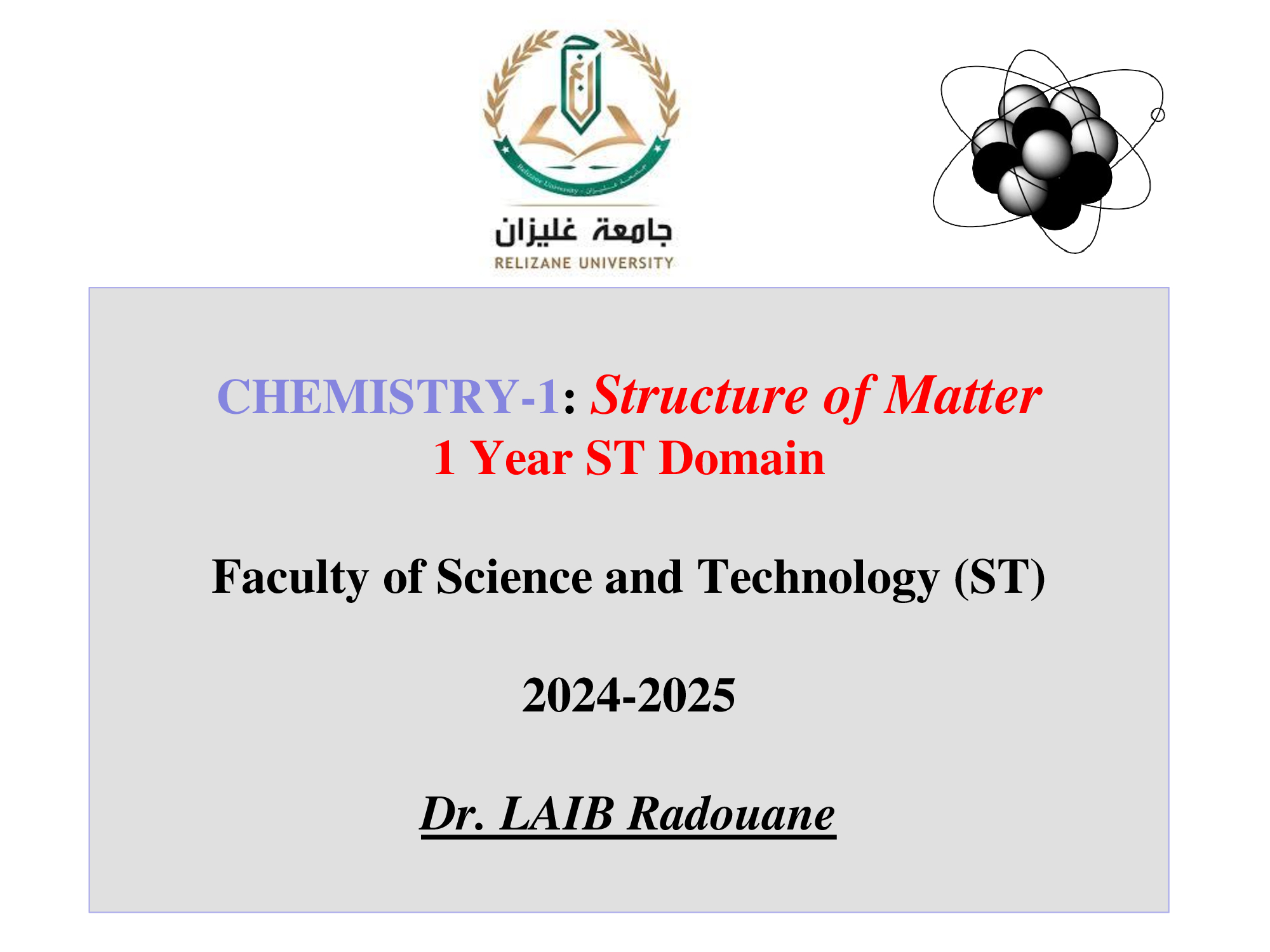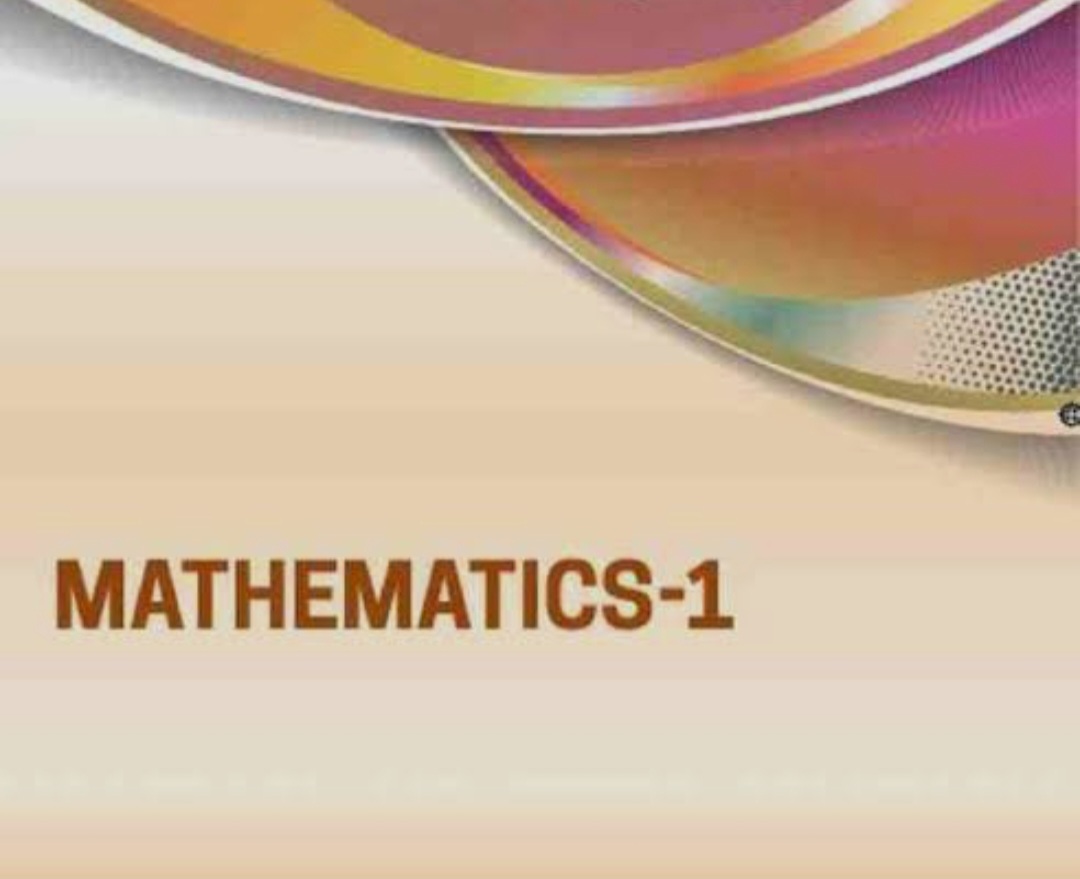
The mechanics of a point refers to the study of the motion and forces acting on a point-like object.It's involves analyzing the motion of the mass, often through concepts like kinematics, dynamics, and forces.The mechanics of a point mass is foundational to understanding how objects move and interact under various forces. The study involves principles of motion, forces, energy, momentum, and laws of dynamics that describe how a point mass behaves under different conditions.
- Enseignant: Abderrahim BenNadji
The mechanics of a point refers to the study of the motion and forces acting on a point-like object. In classical mechanics, a point mass is an object that is considered to have mass but occupies no physical space. The mechanics of a point involves analyzing the motion of this mass, often through concepts like kinematics, dynamics, and forces.The mechanics of a point mass is foundational to understanding how objects move and interact under various forces. The study involves principles of motion, forces, energy, momentum, and laws of dynamics that describe how a point mass behaves under different conditions.
- Enseignant: Abderrahim BenNadji
The objective of the course Computer Science 1 is to learn concepts of algorithm and programming language allowing students to create programs.
- Enseignant: Leila Belhadef
The main objective of this course is to facilitate an individual's immersion into student life and their transition into a responsible adult. It helps develop students’ awareness of ethical principles. Introduce them to the rules that govern life at the university (their rights and obligations towards the university community) and in the world of work, to raise awareness of the respect and promotion of intellectual property and explain to them the risks of moral evils such as corruption and how to combat them.
- Enseignant: Kamel Hocine

the structure of matter is part of General Chemistry is aimed at students in L1 of Science and Technology (ST) in the first years of higher education, the program is divided into these chapters.
1-Fundamental notion including reminders on the basic notions of chemistry
2- Study of matter with description of fundamental constituents the atom (Atomic nucleus and electrons).
3- Radioactivity and nuclear reactions
4- emission spectrum of the hydrogen atom. properties.
5- periodic classification of chemical elements.
5- chemical bond and molecule.
The course is presented according to the common core framework of the Science and Technology field 2024/2025, it is reinforced with application examples to help the student better assimilate the new concepts to successfully complete his exam.
- Enseignant: Redouane Laib
This course is aimed at first year Science and Technology students and engineering textile.
in this course Students should have a basic knowledge of the English language.
The English syllabus consists of a set of texts containing scientific and technical parts. The chosen texts
must be used to study scientific and technical English and Grammar acquisition.
The texts must be selected according to the vocabulary built up, familiarization with both scientific and
technical matters in English for further understanding. Therefore, each text will be defined by a set of
vocabulary concepts, a set of special sentences (idioms) and comprehension questions.
The texts must contain also a terminology which means the translation of some words from English to
French one. Besides, the activity at the end of each session must include a translation of long
statements which are selected from the texts.
- Enseignant: Nadia Mekhaldi
The aim of the ‘writing methodology’ course is not to improve the language of writing, but rather the way in which an individual piece of writing is structured. By writing, we mean any document that enables us to communicate with others, to formulate a request, to present our skills or to write a dissertation, a thesis or simply an article of which we are the principal author. As shown in the syllabus offered to students, the course consists of four chapters:
- Chapter 1 is a reminder of the general notions on the techniques and standards to be respected when writing, with an application to an administrative letter. We thought it would be useful to include the curriculum vitae, which is still a very useful document that needs to be written as carefully as possible in an attractive, good-quality format.
- In Chapter 2, we focus on bibliographical research, both in terms of the methodology for researching a work and in terms of quoting from it.
6references. Many of our students are unaware of the sources and the steps to follow in order to carry out a complete search for information. We will explain the two main sources: the classic paper library and the more modern online library on the Internet. We will explain how to summarise the information and how to use it in a personalised work.
- Chapter 3 is devoted to writing techniques and procedures, including punctuation, syntax and sentences. Sentence length and paragraphing are discussed. The style used in writing a scientific work, objectivity and intellectual rigour are developed in this chapter.
- Chapter 4 is devoted to writing a report, dissertation or thesis. We explain the conventional structure of a report, with all its components, including the cover page, summary, introduction, method, results, discussion section, conclusion, bibliography (references), appendices and summary with key words.
- Enseignant: Nadia Mekhaldi

This Analysis and Algebra course is mainly intended for students in the Science field. and Techniques (as part of the L.M.D. system). It covers the official program of Maths 1 modules is devoted to the program for semester 1 of the Analysis and Algebra 1 module (or Maths 1), namely:
- Elements of mathematical logic.
- Sets, relations and applications.
- Real functions of a real variable
- . elementary function
- Taylor formulas and limited expansions
- Enseignant: Samir Djebbar

The academic module offers broad definitions for careers in science and technology. One such definition describes an engineer as someone who can convert scientific ideas and concepts into instruments and systems that improve people's lives.
It highlights how crucial it is to find efficient solutions to challenging issues pertaining to design, production, and implementation. An engineer must have technical, economic, social, and humanitarian understanding, international language abilities, and on-the-job experience. Professionals in the engineering field are employed in diverse industries and areas, such as information technology and electronics, mechanical, civil, and business engineering.
Semester: 1
Teaching unit: UED 1.1
Subject 1: Professions in Science and Technology 1(MST1)
VHS: from a distance (a distance)
Credits: 1
Coefficient: 1
- Enseignant: Youcef Guermit